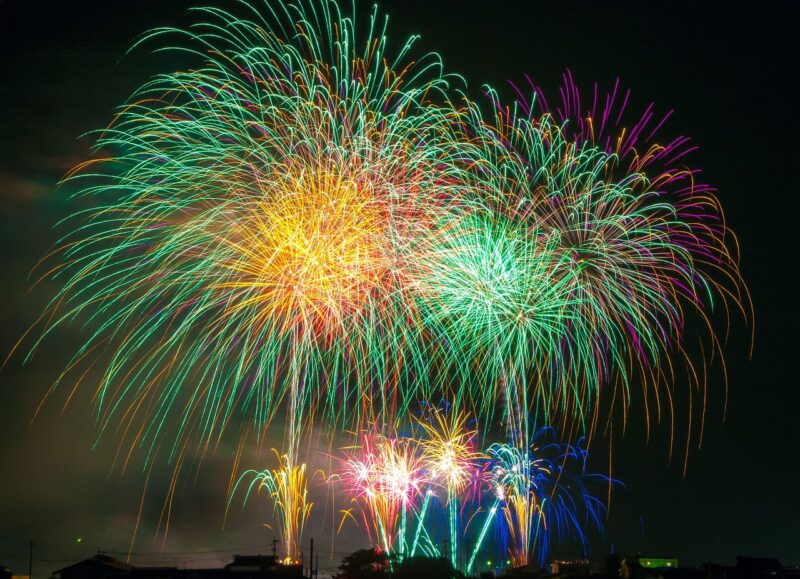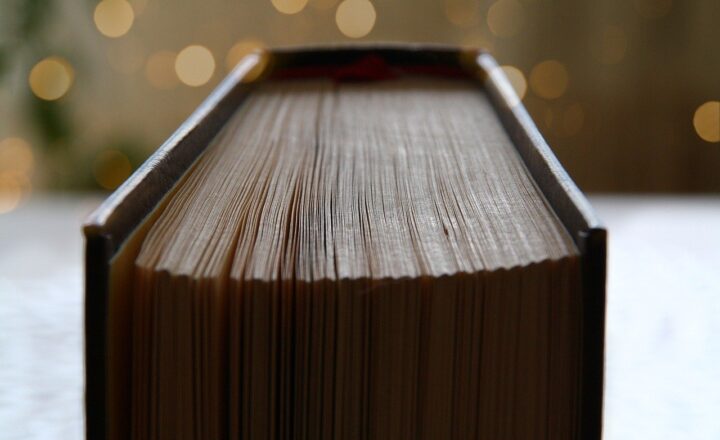The Role of Fireworks in Celebrating Global Milestones Throughout History
November 17, 2024

Fireworks have been a part of human culture for centuries, lighting up the night skies as symbols of celebration and joy. From ancient rituals to modern-day festivities, fireworks have played a pivotal role in commemorating global milestones throughout history. In this comprehensive article, we will explore the origins, evolution, and cultural significance of fireworks, along with some notable events where they have taken center stage.
1. The Origins of Fireworks: A Glimpse into History
The story of fireworks dates back to ancient China, where they were first created as a means to ward off evil spirits and bring good luck. It is believed that around the 7th century AD, the Chinese invented gunpowder, which eventually led to the creation of the first firecrackers. These early fireworks were primarily made of bamboo stalks, which would explode when heated, creating a loud noise and bright flames.
As trade routes expanded, the knowledge of gunpowder spread to the Middle East and eventually to Europe, where fireworks began to be used in celebrations and military displays. By the 15th century, fireworks shows were becoming popular among European nobility, with spectacular displays orchestrated during major events such as royal weddings and victorious battles.
2. Fireworks in Cultural Celebrations
Fireworks have transcended cultural boundaries, serving as a universal language of celebration. Different cultures have unique customs and traditions surrounding the use of fireworks during significant milestones:
- New Year Celebrations: In many cultures, welcoming the New Year is marked by dazzling firework displays. In countries like Australia, the Sydney Harbour Bridge hosts one of the most iconic New Year’s Eve fireworks shows, symbolizing hope and new beginnings for millions around the world.
- Independence Day in the USA: The Fourth of July is synonymous with fireworks, as Americans celebrate their independence from British rule. Fireworks shows are held across cities, particularly the grand display in Washington, D.C., lighting up the skies as a patriotic tribute to freedom and democracy.
- Diwali in India: The Festival of Lights, Diwali, is celebrated with an abundance of fireworks across India. People light up their homes and streets with sparklers and firecrackers, symbolizing the victory of light over darkness and good over evil.
- Chinese New Year: Fireworks are an integral part of the Lunar New Year celebrations in China. The custom of lighting firecrackers during this festival is believed to scare away mythical beasts and bring in good fortune for the coming year.
The cultural significance of fireworks demonstrates their ability to unite people across various traditions, evoking a sense of joy and celebration that transcends language and borders.
3. Technological Advancements in Fireworks Displays
Over the years, technological advancements have significantly enhanced the artistry and complexity of fireworks displays. Today, fireworks professionals utilize computers and intricate choreography to synchronize explosions with music, creating immersive experiences for spectators.
Some notable innovations in fireworks technology include:
- Color Variations: By introducing different metallic compounds, pyrotechnicians can produce a spectrum of colors, from vivid reds to deep blues. This enhancement has contributed to creating mesmerizing displays that captivate audiences of all ages.
- Safety Measures: Modern safety protocols have been developed to ensure that fireworks shows minimize risk to both the audience and the environment. This includes improved storage and handling methods, as well as the development of biodegradable fireworks that reduce pollution.
- Artistic Designs: Firework displays are no longer just about producing loud bangs; they have become an art form. Pyrotechnics now involve choreography and storytelling, where sequences of fireworks create narratives that enthrall audiences during major events, such as the Olympic Games and national anniversaries.
These advancements have elevated the impact of fireworks as a form of artistic expression while ensuring the safety of spectators.
4. Memorable Fireworks Displays Throughout History
Fireworks have marked some of history’s most memorable celebrations. Here are a few notable events:
- The 1969 Apollo 11 Moon Landing: To celebrate humanity’s extraordinary achievement, grand fireworks displays lit the skies over many American cities as people celebrated Neil Armstrong and Buzz Aldrin’s momentous walk on the moon.
- Millennium Celebrations (2000): Around the world, the turn of the millennium sparked spectacular fireworks shows, with notable displays in cities like London, Sydney, and New York. These events symbolized hope and renewal as people welcomed a new era.
- The Diamond Jubilee of Queen Elizabeth II (2012): The United Kingdom celebrated Queen Elizabeth II’s 60-year reign with a magnificent fireworks display over the Thames River, showcasing royal pageantry and national pride.
- 2021 Tokyo Olympics: Despite the event’s delay due to the pandemic, the Tokyo Olympics showcased a stunning fireworks display that celebrated the resilience and unity of nations amidst challenging times, marking a triumphant moment in global sports history.
These events exemplify how fireworks have penetrated historical milestones, providing a visual and emotional representation of collective triumph and joy.
5. The Environmental Impact of Fireworks
While fireworks are celebrated for their beauty and ability to bring people together, they also pose environmental concerns. The production and use of fireworks can lead to:
- Air Pollution: The chemicals used in fireworks can release harmful pollutants into the atmosphere, resulting in poor air quality post-firework displays. Concerns about respiratory health have spurred discussions about environmentally friendly alternatives.
- Noise Pollution: The loud noises produced by fireworks can cause distress to wildlife and individuals sensitive to sound. Communities are increasingly considering measures to mitigate noise pollution during celebrations.
- Debris Cleanup: Fireworks can create litter in public spaces, leading to the need for effective cleanup efforts. Municipalities are exploring ways to encourage responsible disposal of firework waste.
To address these concerns, some cities have invested in quieter and environmentally friendly alternatives to traditional fireworks. Laser shows and drone displays have emerged as innovative ways to celebrate milestones without compromising the planet’s health.
Conclusion: Fireworks – A Lasting Symbol of Celebration
Fireworks continue to play a significant role in celebrating global milestones, uniting people across different cultures and traditions. From historical origins to modern technological advancements, the evolution of fireworks encapsulates humanity’s enduring spirit of joy and celebration.
As we look toward the future, embracing responsible practices while preserving the magic of fireworks can ensure that they remain an essential element of global celebrations, illuminating our skies and hearts for generations to come.








